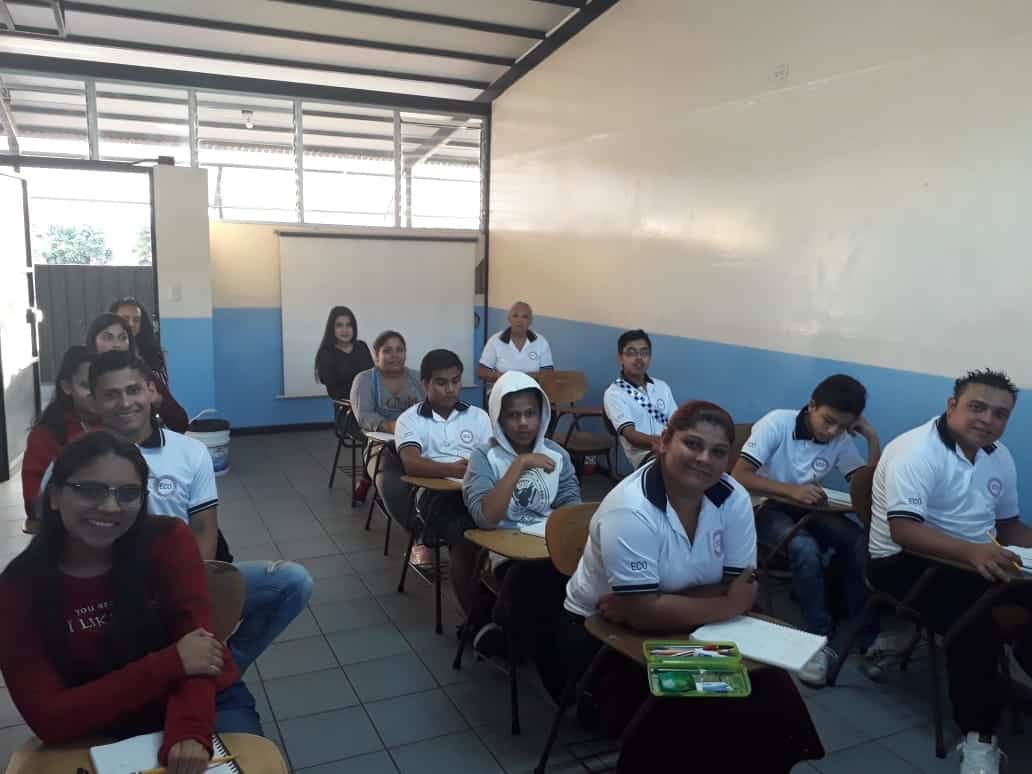The latest State of Education report, unveiled on August 31, highlighted the profound educational crisis Costa Rica faces, with implications that could shape its future for decades.
A striking point from the study is the dilemma of 16 to 17-year-old students currently in tenth grade. Due to strikes and pandemics, they’ve missed two and a half years of education as they approach the end of their high school years.
Tragically, this group doesn’t have adequate time to recover from the setbacks suffered during their schooling. This means that this generation might be less equipped for the demands of the modern knowledge-driven era, potentially missing out on future opportunities and hindering personal and professional growth.
Such an educational abyss, the report cautions, could even ripple into the job market. A generation lacking in values, knowledge, skills, and competencies can undermine democracy, exacerbate economic and social disparities, and hinder the nation’s overall human development.
While the exact ramifications of the pandemic on student enrollment and exclusion remain ambiguous, both the World Bank and UNICEF confirm its detrimental impact on youth learning and skills development.
Regarding the report, Education Minister Anna Katharina Muller stated she hadn’t fully reviewed it yet, but expressed openness to its findings.
“While the State of Education report has its merits, there are aspects we might disagree with. We in the MEP have our assessment, and it’ll be enlightening to see where our conclusions converge and differ,” Muller commented from Limón.
The report details numerous setbacks faced by the current tenth graders. In 2018-2019, as they wrapped up primary school, a teachers’ strike cost them a third of the academic year. Report data suggests only half of these students achieved minimum competency in reading and problem-solving by the sixth grade.
After, in 2020, their seventh-grade year coincided with the onset of the covid-19 pandemic, impacting half of their educational progress. Later, in 2021, their schooling was hybrid, yet they still missed six weeks due to class suspensions. By 2022, in ninth grade, educational strategies from the prior administration were discarded, leaving them without a national assessment.
“We have a generation that, despite our best efforts, faced unprecedented setbacks without prompt intervention,” pointed out researcher Katherine Barquero.
To address these challenges, this year, the Ministry of Public Education (MEP) introduced bespoke diagnostic tests for all students in public educational institutions, with each school or educator crafting their tests. Early findings in May disclosed a concerning trend: most students did not meet the expected grade level.
The educational crisis detailed in the report raises alarms about the future prospects of Costa Rican youth. While the causes are complex, experts agree solutions must come swiftly to avoid leaving a generation behind. The MEP claims it is taking action, but it remains to be seen if interventions will be sufficient to steer students back on track after years of compounded disruptions.






